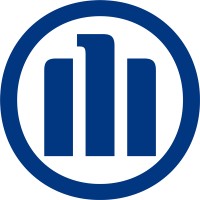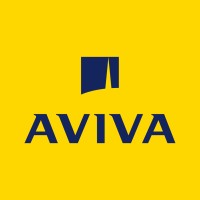
Allianz Partners
Allianz Partners is a world leader in B2B2C insurance and assistance, offering global solutions that span international health and life, travel insurance, automotive and assistance. Customer driven, our innovative experts are redefining insurance services by delivering future-ready, high-tech high-touch products and solutions that go beyond traditional insurance. Our products are embedded seamlessly into our partners’ businesses, sold through intermediary channels or directly to customers through the Allianz brand. Present in 75 countries, our 21,100 employees speak 70 languages, handle over 71 million cases each year, and are motivated to go the extra mile to offer peace of mind to our customers around the world. As part of the Allianz Group, we are proud to be the Worldwide Insurance Partner of the Olympic and Paralympic Movements. For more information, please visit: www.allianz-partners.com






